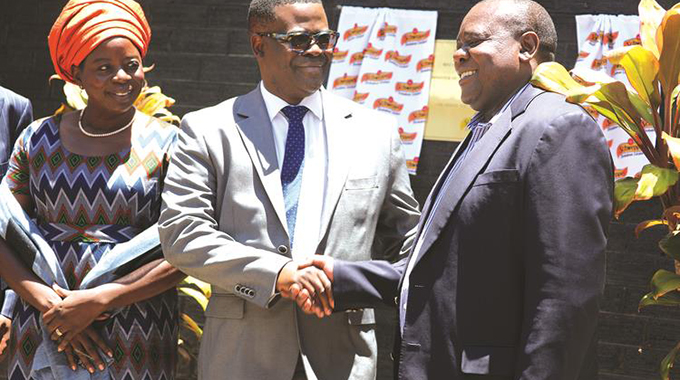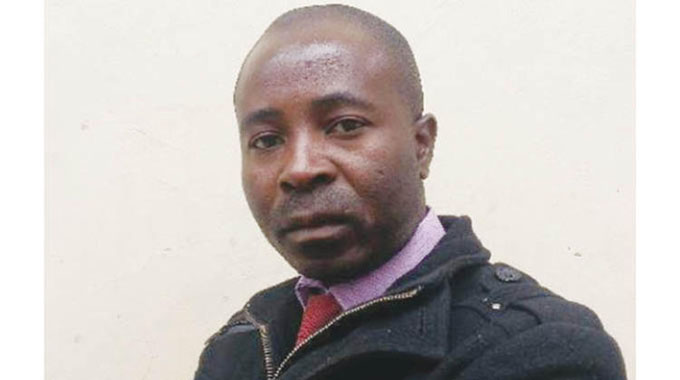Call to incentivise investment in renewable energy

Prosper Ndlovu Bulawayo Bureau
Government and the private sector should increase support for local engineers to develop cost effective domestic renewable energy solutions, which largely remain inaccessible to the majority of citizens because of the prohibitive costs.
As more companies and individual households are turning to solar and other renewable energy alternatives in view of crippling power cuts, experts have said the cost remained heavy on the consumer.
Schweppes Holdings managing director Mr Charles Msipa said Zimbabwe could swiftly tackle the energy deficit gap through incentivising adoption of renewable energy solutions.
“We are looking forward to a time when green energy will not cost a premium and urge authorities to incentivise the investment in renewable energy for local businesses,” he said.
“This will have significant national benefits of increased power generation, of which the excess can be channelled to the national grid for the benefit of communities.
Mr Msipa is a former Confederation of Zimbabwe Industries (CZI) president. He challenged Government and the private sector to plough more resources towards research and development that would capacitate local engineers to produce renewable energy equipment locally.
Presently, Zimbabwe heavily relies on imports for solar gadgets, which drains the little forex available in the economy.
“Cost effective renewable energy solutions are essential for making it more accessible to the vast populous and general economic development,” he said.
“A good starting point for innovation is lower cost option of batteries for harnessing solar energy.”
Last Friday, Schweppes officially commissioned a US$2 million 1MW solar plant at its Willowvale factory in Harare in partnership with Distributed Power Africa (DPA) through a power lease agreement that runs for years.
Energy and Power Development Minister Fortune Chasi, who presided over the event, was told that the cost of the solar equipment for the company was on the higher side and prohibitive. “The current cost of batteries for this plant is three times the cost of the solar panels themselves, and with replacement required every four years, it is very prohibitive,” said Mr Msipa.
“We have very capable engineers and institutions who can be supported and encouraged to develop solutions to some of these challenges.”
In view of persistent power cuts, Schweppes expects the solar plant to ensure reliable power supply for its main operations during the day, reduce demand on the national grid, save on utility bills and have green energy in support of our organisational sustainability goals in line with environmental, social and economic pillars of growth.
Mr Msipa, who also chairs the Business Council for Sustainable Development Zimbabwe, called on industry to adopt clean technologies in line with the global patterns of production and consumption.
“In these modern times, businesses have a major role to play in ensuring that global sustainable development is realised,” he said.







Comments